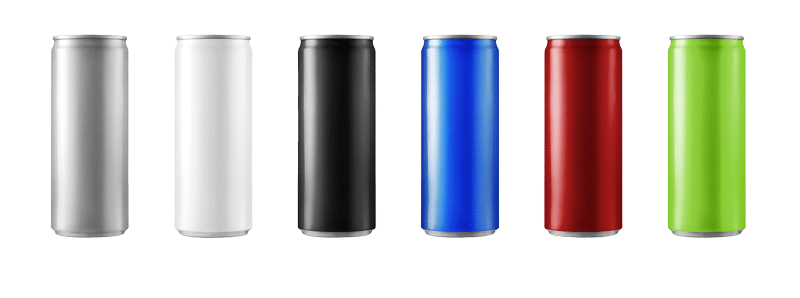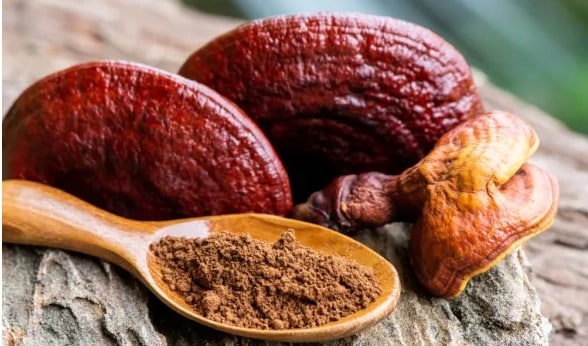Mushrooms have long been used for their medicinal properties, with some of the earliest recorded uses dating back to ancient Egypt. Ancient Egyptians believed that the mushrooms were plants of immortality and called them “a gift from the God Osiris”.
Roman and Greek scholars, including Seneca, Pliny and and Dioscorides mention the medicinal properties of many mushrooms.
These fascinating fungi have a unique combination of compounds that make them potentially useful for a variety of health issues. In this article, let’s take a look the history and traditional uses of medicinal mushrooms, including their benefits and how they can be incorporated into your healthcare routine.
What are Medicinal Mushrooms?
Medicinal mushrooms are fungi that have been used for their health-promoting properties for centuries.
Many of the mushrooms we call functional or medicinal are rich in polysaccharides, which are long chains of sugars that are reported to have immune-boosting effects.
Some examples of medicinal mushrooms include reishi, shiitake, chaga, turkey tail and cordyceps.
The (potential) Benefits of Medicinal Mushrooms
Medicinal mushrooms have a wide range of potential health benefits, including:
- Boosting the immune system: Polysaccharides found in medicinal mushrooms have been shown in animal tests to stimulate the production of immune cells and increase the activity of white blood cells. This, as an example, may help to reduce the severity and duration of colds and flu, as well as protect against other infections.
- Reducing inflammation: Many medicinal mushrooms are exceptionally rich in anti-oxidants and, as a result, have significant anti-inflammatory properties. This can be especially beneficial for people with conditions like arthritis or asthma.
- Improving heart health: Some medicinal mushrooms, such as reishi, have been shown to potentially lower blood pressure and cholesterol levels, which can help to reduce the risk of heart disease.
- Enhancing cognitive function: Some medicinal mushrooms, like cordyceps, have been shown to improve memory and cognitive function in animal studies.
Reishi in ancient China
For centuries, Imperial China held a special place in their hearts for the Reishi mushroom. This unique fungi was reserved exclusively for the ruling classes and imperial family, such was its prestige and reputation. So highly were Reishi mushrooms regarded that they were even referred to as the ‘Herb of Spiritual Potency’, in recognition of their powerful healing properties.
In addition to its health benefits, Reishi mushrooms had a significant role to play during imperial ceremonies. Offered as part of a ritual libation to the gods, the mushroom was presented to the imperial court and the emperor himself as a symbol of respect.
Historical use of chaga in Siberia and Scandinavia
In Siberia and Scandinavia, Chaga mushrooms have been used for centuries in traditional medicine. The medicinal nature of Chaga mushrooms is thought to be due to the presence of betulinic acid, melanin, polysaccharides and numerous other compounds.
Chaga mushrooms have been used in traditional medicine in Siberia, Scandinavia and by the indigenous population of North America since at least the 12th century.
The ancient Siberians and Scandinavians believed that Chaga mushrooms could help heal ailments of internal diseases. They used Chaga mushrooms in teas, tinctures, and poultices to treat a range of conditions, including headaches, stomachache, and a wide variety of other maladies.
Recent studies have confirmed the potential of Chaga mushrooms as a medicinal resource. Scientists have identified a number of compounds found in Chaga mushrooms, including betulinic acid, which has been found to have potential anti-inflammatory and even anti-cancer properties.
In addition, the polysaccharides found in Chaga mushrooms have been found to potentially help stimulate the immune system, making Chaga mushrooms a potential tool for treating inflammation and boosting overall immunity.
Chaga mushrooms are now being used as a health supplement in many parts of the world, and their popularity continues to grow. It is important to understand that we are still only just beginning to research the benefits of functional mushrooms and that many studies have not been done with human subjects.
How to Incorporate Medicinal Mushrooms into Your Healthcare Routine
There are many ways to incorporate medicinal mushrooms into your healthcare routine, including:
- Taking supplements: Medicinal mushroom supplements are widely available in the form of capsules, powders, and tinctures. These can be an easy and convenient way to get the benefits of medicinal mushrooms on a daily basis.
- Adding them to your diet: A few medicinal mushrooms can also be incorporated into your diet by using them in cooking. Shiitake mushrooms, for example, have a delicious, savoury flavour and can be used in a variety of dishes, including soups, stir-fries, and pasta sauces. Lion’s mane is another functional mushroom that does double duty in the culinary world.
- Using them in traditional remedies: Many traditional cultures have used medicinal mushrooms as part of their healthcare routines for centuries. For example, reishi mushrooms are often used in Chinese medicine to promote calmness and relaxation.
Conclusion
Medicinal mushrooms have a long history of use for their health-promoting properties. These fungi are rich in polysaccharides and other beneficial compounds, and have a wide range of potential health benefits, including boosting the immune system, reducing inflammation, improving heart health, and enhancing cognitive function.
There are many ways to incorporate medicinal mushrooms into your healthcare routine, including taking supplements, adding them to your diet, and using them in traditional remedies.
What’s your favourite way to add mushrooms to your diet? Let us know in the comments below.


